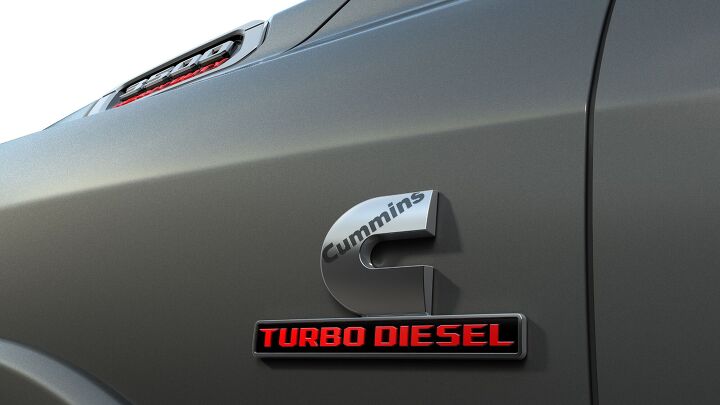
The United States Department of Justice has accused Cummins of installing emissions defeating devices on diesel motors and decided to fine the company $1.67 billion for violating the Clean Air Act. Cummins has agreed to pay the fine in principle, which Attorney General Merrick Garland said would resolve any allegations that the “company unlawfully altered hundreds of thousands of engines” to circumvent emissions regulations.
“The types of devices we allege that Cummins installed in its engines to cheat federal environmental laws have a significant and harmful impact on people’s health and safety,” Garland stated, adding that “preliminary estimates suggest that defeat devices on some Cummins engines have caused them to produce thousands of tons of excess emissions of nitrogen oxides.”
The Justice Department has alleged that Cummins installed devices that allowed the engines to pass emissions during testing. But said those same devices allowed the vehicles increased performance during regular use — increasing pollution and violating the Clean Air Act.
Claims state that Cummins may have installed the units on roughly 630,000 motors equipped to Ram 2500 and 3500 pickups from the 2013-2019 model years. Another 330,000 taboo emissions controlling devices were also said to have been installed on newer diesel pickups built through 2023. It apparently performed the same function but was of a different design as the unit installed on older trucks.
Cummins is expecting to take a $2 billion loss this quarter from the fallout (which includes recalls) and will undoubtedly continue spending through 2024 as it settles the fine issued by the DOJ. But it has not admitted guilt, nor will it need to now that it has agreed to pay off the government.
“The company has seen no evidence that anyone acted in bad faith and does not admit wrongdoing,” Cummins stated.
Environmental Protection Agency Administrator Michael Regan praised the Justice Department’s actions. The EPA head stated that “vulnerable communities are more likely to reside near highways where these harmful emissions are concentrated, making this agreement critical to advancing our environmental justice agenda.”
Viewed from an emissions standpoint, it’s hard to make a case for diesel motors. We can visibly see them emitting more pollution than vehicles equipped with gasoline engines, though Europe had previously championed diesels as the cleaner option and even subsidized them due to diesel emitting less carbon dioxide. Still, particulate matter output tends to be significantly higher and has been attributed to exacerbating respiratory illnesses.
Things get a little more complicated when you take a wider view of the issue, however. Diesel engines tend to be highly efficient, resulting in lower average fuel consumption, and are typically longer lived than their gasoline counterparts. Simply keeping an older vehicle around usually results in less pollution than supplanting it with a newer model that happens to be more efficient. Physical waste is still waste and building new vehicles (including all-electric models) results in additional emissions spewing out of the required factories.
While we are a far cry from claiming that diesels are clean, the issue is more nuanced than many would have you believe.
It may not even be possible for modern diesel motors to pass emissions anymore. Whenever I ask engineers why so many automakers have pivoted away from offering diesel motors, the answer usually involves how difficult it is for them to pass modern emissions requirements. This may even have contributed to the rash of emissions cheating we’ve seen since 2015, when Volkswagen was likewise faulted for installing defeat devices.
Companies spend a fortune developing engines and need to keep them in service for a while to recoup the expense. But that’s tricky when a motor that was compliant a couple of years ago and needs to remain in production several more years cannot meet emission standards as they change. This leaves the impacted manufacturers with a few options.
Businesses can neuter the motors in an attempt to appease regulators. But this annoys the customer base and diesel owners have already had it with Diesel Exhaust Fluid (DEF), restrictive exhaust systems, and modern particulate-sensing equipment complicating what used to be very simple powertrains. Businesses can also try to get around emissions testing and simply hope they don’t get caught. Ironically, with the exorbitant amount of money required to develop new engines, it may actually be more cost effective for large manufacturers to simply cheat and pay the fine later.
Cummins’ agreement in principle is with the U.S. and the State of California. The settlement is still subject to final approvals before everything can be squared away.
[Image: Stellantis]
Become a TTAC insider. Get the latest news, features, TTAC takes, and everything else that gets to the truth about cars first by subscribing to our newsletter.

